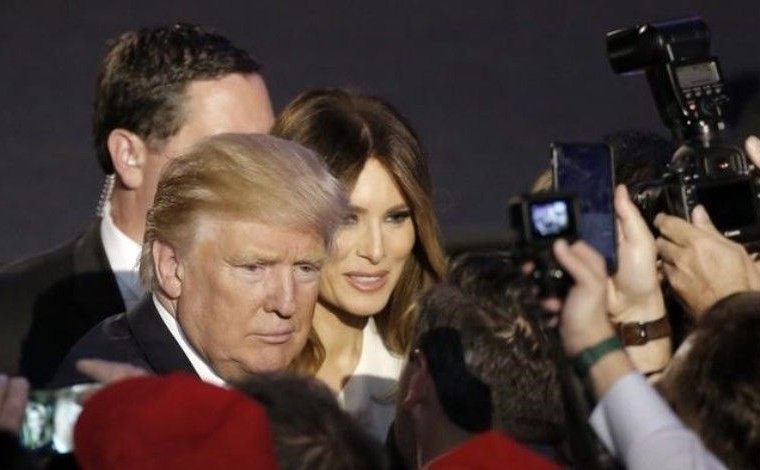Russia is one of the largest providers of fake accounts in the world. A number of such companies operate in India too who enhance the number of followers on Twitter and Instagram for a small sum of money
After a recent New York Times expose’, Twitterati would have noticed a sudden drop in their number of Twitter followers. According to the Times, these fake followers came from the Florida-based firm, Devumi, founded by a young entrepreneur, German Calas. Apparently, the company collected millions of dollars through selling fake followers.
Interestingly, Russia is one of the largest providers of fake accounts in the world. A number of such companies operate in India too who enhance the number of followers on Twitter and Instagram for a small sum of money.
The question arises, “Why do people or businesses buy followers?” The proliferation of fake followers on social media was fuelled by the belief that it helps businesses. On the contrary, businesses paying for followers or giving endorsement deals to people with fake followers are wasting their money. Similarly, celebrities and regular people who want to increase their public perception and credibility, buy followers. It’s a general perception on social media that people with a large number of followers are important. All those who aspire to become “influencers” buy followers to make their resume impressive. Essentially, buying seems to make them more popular than they really are. People are so fixated on how many followers they have that it does not matter if they are real or fake.
Do fake followers help businesses? The answer is “NO”. In my opinion, brands need to be very aware of fake influencers. They should be able to distinguish between an influencer who is working hard and the one who is just buying followers. It’s very important to understand that, Fake followers will not be able to provide any engagement, real time response, retweets, likes to businesses/politicians/celebrities/regular people.
Brands can never assess the true picture if they either buy fake followers or they engage an influencer who is fake.
After years of experience in media, I feel there is no actual value in the number of followers, unless they are genuine. The real feedback and engagement come from real time followers. An inflated follower count does not mean better business sale or opportunities. If your goal is to create brand awareness and build relationship with the client, then engagement is more important than followers. Most people don’t realize that visibility of content through good engagement is far more important than the number of followers. One of the most important forms of engagement is “shares”. Shares influence how many people see your posts.
Even for a politician or a celebrity, the popularity vote does not come from fake followers as there will be no engagement. In fact, it is better to have fewer followers who provide real engagement or feedback. For instance, follower growth doesn’t matter if your audience isn’t consuming your content. Let’s say you have five lakh followers on Twitter. If you post something and it gets negligible engagement, your followers have zero value.
A politician, in fact, should never fall for fake follower scheme which involves using bots that are programmed to follow a client or like everything they tweet about. This will mislead the politician and the political party regarding the popularity of the candidate.
Is the trend new? The trend of buying followers is not new but the practice has become rampant in the age of influencers. Mind you, influencers with millions of followers charge a bomb from the client for endorsing a post. But if the followers are fake, that is bad news for the brand. My two penny: Beware of inactive “egg accounts’ which are mostly fake and dormant. Concentrate on improving quality of content and visuals which leads to better engagement with your followers.
Disclaimer: The views expressed in the article above are those of the authors’ and do not necessarily represent or reflect the views of this publishing house. Unless otherwise noted, the author is writing in his/her personal capacity. They are not intended and should not be thought to represent official ideas, attitudes, or policies of any agency or institution.


